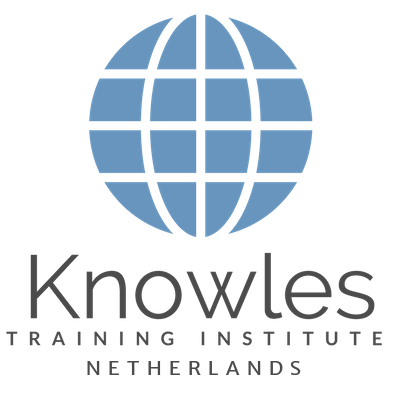This Business Writing Training Course
This Business Writing Training Course
Is also available in Amsterdam, Rotterdam, The Hague, Utrecht, Eindhoven, Tilburg, Groningen, Almere Stad, Breda, Nijmegen
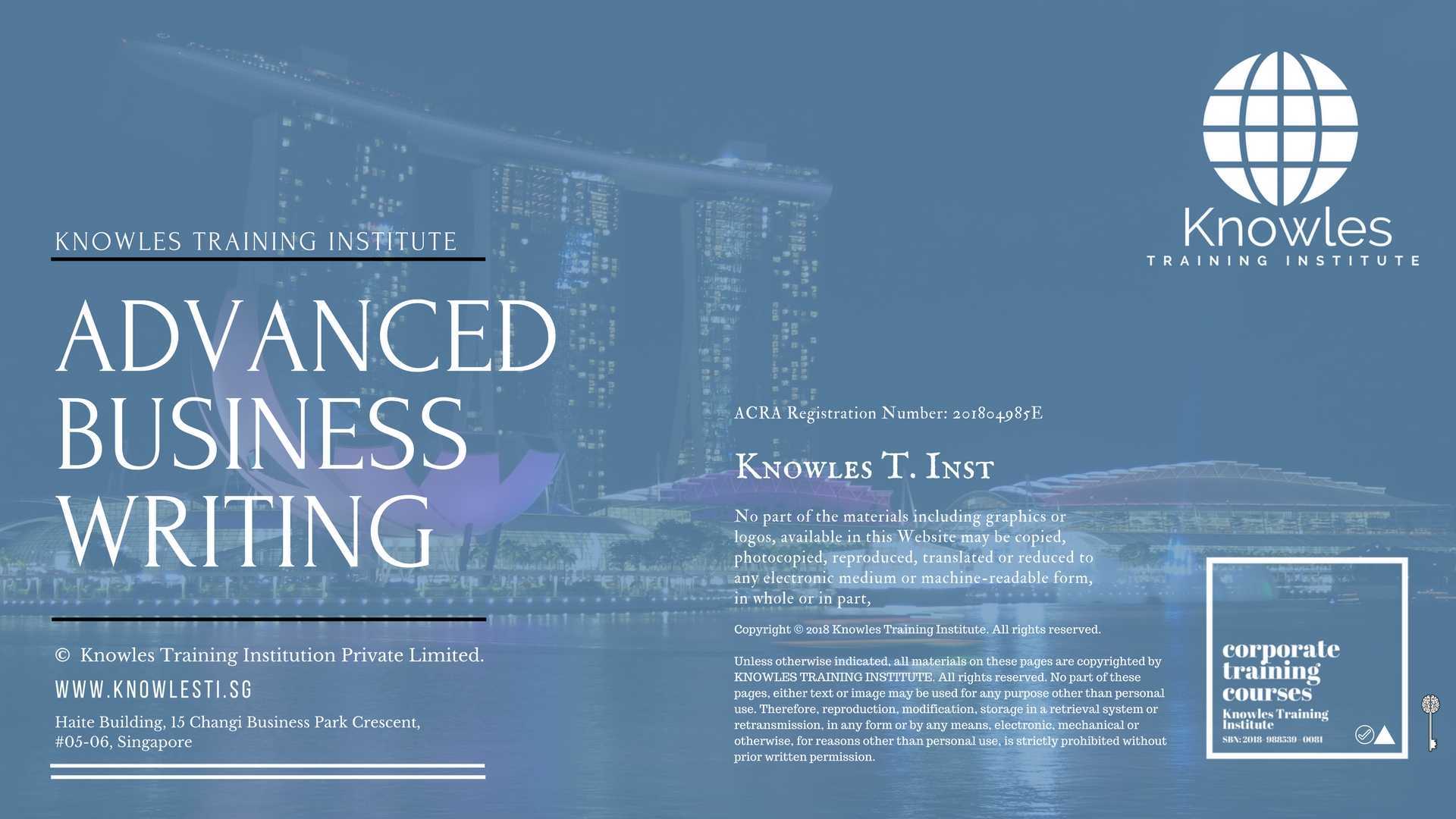
About This Business Writing Course in Netherlands
Business Writing Course in Netherlands
Writing is a crucial means of communication. It is also a skill that many people grapple with. Writing and communication has changed in the past few decades with people mainly communicating over email and text messaging. However, improving writing skills is still valuable in the business world. Being able to write proper documents such as reports, proposals, and agendas, is still essential in the workplace.
This business writing course in Netherlands will provide training participants with writing concepts that includes grammar, spelling, and punctuation, as well as a summary of the most common types of business documents. These writing skills will provide training participants with a competitive advantage when it comes to writing in the business environment.
Who Should Attend This Business Writing Training Course in Netherlands
This business writing course is ideal for anyone who would like to gain a strong grasp and improve their business writing skills.
All Staff Within An Organisation
Managers
Team Leaders
Executives
Assistants
Officers
Secretaries
Group Size For This Business Writing Course in Netherlands
The ideal group size for this Advanced Business Writing course in Netherlands is:
Minimum: 5 Participants
Maximum: 15 Participants
Course Duration For This Advanced Business Writing Skills Course in Netherlands
The duration of this Advanced Business Writing Course in Netherlands is 2 full days. Knowles Training Institute Netherlands will also be able to contextualised this workshop according to different durations; 3 full days, 1 day, half day, 90 minutes and 60 minutes.
2 Full Days
9 a.m to 5 p.m
Advanced Business Writing Course in Netherlands Benefits
Below is the list of course benefits of our Advanced Business Writing course in Netherlands
- Learn to write for a business audience.
- Understand the value of business writing.
- Recognise the different steps of business writing.
- Be able to plan and process prior to writing with a concept map.
- Be able to transfer process into practice on the page.
Advanced Business Writing Course in Netherlands Objectives
Below is the list of course objectives of our Advanced Business Writing Skills Course in Netherlands
Business Writing Course in Netherlands Objectives:
Business Writing Course in Netherlands Objectives – Part 1
- Increase Recognition Of Common Spelling And Grammar Issues Related To Business Writing.
- Examine Basic Concepts In Sentence And Paragraph Formation.
Business Writing Course in Netherlands Objectives – Part 2
- Understand The Basic Structure Of Agendas.
- Understand The Basic Structure Of Emails.
Business Writing Course in Netherlands Objectives – Part 3
- Understand The Basic Structure Of Business Letters.
- Understand The Basic Structure Of Business Proposals.
Business Writing Course in Netherlands Objectives – Part 4
- Understand The Basic Structure Of Business Reports.
- Identify The Various Techniques To Use When Deciding The Most Appropriate Format To Use For Agendas, Email Messages, Business Letters, Business Proposals, And Business Reports.
Business Writing Course in Netherlands Objectives – Part 5
- Understand The Overview Structure Of Request For Proposals, Projections, Executive Summaries, And Business Cases.
- Explain Proofreading And Understand Techniques In Improving Proofreading Skills.
Business Writing Course in Netherlands Objectives – Part 6
- Explain Peer Review And List Ways Peer Review Can Help Improve Business Writing Skills.
- State Guidelines In Printing And Publishing Business Writing.
Course Content For This Business Writing Training Course in Netherlands
Below is the list of course content of our Advanced Business Writing training course in Netherlands
Business Writing Course in Netherlands Part 1: Working with Words
The building pieces of any writing, whether for business or social ideas, are words.
- Spelling
- The usage of correctly spelt words is essential in all business writing.
- Grammar
- Grammar details rules of language syntax.
- Creating a Cheat Sheet
Business Writing Course in Netherlands Part 2: Constructing Sentences
This module will examine the parts of a sentence, its proper punctuation, and the four kinds of sentences.
- Parts of a Sentence
- A whole sentence has two parts: a subject and a predicate.
- Punctuation
- Punctuation is standard marks in writing used to classify words, clauses, and sentences.
- Types of Sentences
- List the four Kinds of Sentences.
Business Writing Course in Netherlands Part 3: Creating Paragraphs
Correctly written words and well-constructed sentences make up the building blocks of writing.
- The Basic Parts
- The 3 Basic Parts of a Paragraph.
- Main Idea
- How to keep your main idea central.
Business Writing Course in Netherlands Part 4: Writing Meeting Agendas
Time is a valuable commodity in business.
- The Basic Structure
- An agenda is a list of the points for discussion in a meeting, alongside with details that can make the meeting run successfully.
- Choosing a Format
- There are various formats of a meeting agenda, although very few strays from the basic structure.
Business Writing Course in Netherlands Part 5: Writing E-mails
In this module, we will present etiquette guidelines on how to address an email message, as well as grammar and acronyms rules.
- Addressing Your Message
- Different forms of addressing in an email.
- Grammar and Acronyms
Business Writing Course in Netherlands Part 6: Writing Business Letters
In this module, we will examine the basic structure of business letters, how to choose the most appropriate format for your business letters.
- The Basic Structure
- A formal style is advised for most business correspondence.
- Choosing a Format
- The format of your business letter depends on a few determinants.
- Writing the Letter
- List the top 5 tips in writing business letters effectively.
Business Writing Course in Netherlands Part 7: Writing Proposals
In this module, we would address the basic structure of a proposal, how to select a proposal format and suggestions in writing a proposal.
- The Basic Structure
- A business proposal is an unsolicited or solicited bid for the business.
- Choosing a Format
- There is no common format for business proposals, it depends on many determinants.
- Writing the Proposal
- How to make sure your business proposal is targeted, well-substantiated, strong and organised.
Business Writing Course in Netherlands Part 8: Writing Reports
Documentation is essential in business. Sometimes documentation is the only way executives can monitor the company’s quality of work.
- The Basic Structure
- Business reports are utilised to provide documentation.
- Choosing a Format
- As with the other business documents, such as the business proposal and the business letter, the format and length of business reports differ depending on the condition.
- Writing the Report
- Top 5 powerful tips in writing a business report.
Business Writing Course in Netherlands Part 9: Other Types of Documents
In this module, we will examine an overview of four other types: the Request for Proposals, Projections, Executive Summaries and Business Cases.
- Requests for Proposals
- A Request for Proposals (RFP) is an invitation for vendors and/ or service providers to propose a qualified pitch to address a company’s need.
- Projections
- Projections are documents that show estimations of future performance, alongside data that can verify your predictions.
- Executive Summaries
- An executive summary is a 1-2 page summary of a business plan.
- Business Cases
- A business case is a documentation about a distinct process, project, or circumstances.
Business Writing Course in Netherlands Part 10: Proofreading and Finishing
In this module, we will give you an overview of the methods of proofreading, peer review, and preparing a document for printing and publishing.
- A Proofreading Primer
- Proofreading is the methodical check for spelling, punctuation, grammar, and typographical mistakes.
- How Peer Review Can Help
- Peer review is the method of submitting your work to the scrutiny of another writer, an expert, or a fellow member of your team, to get productive feedback.
- Printing and Publishing
Business Writing Course in Netherlands Value Added Materials
Each participant will receive the following materials for the Advanced Business Writing course in Netherlands
Business Writing Course in Netherlands Learner’s Guide
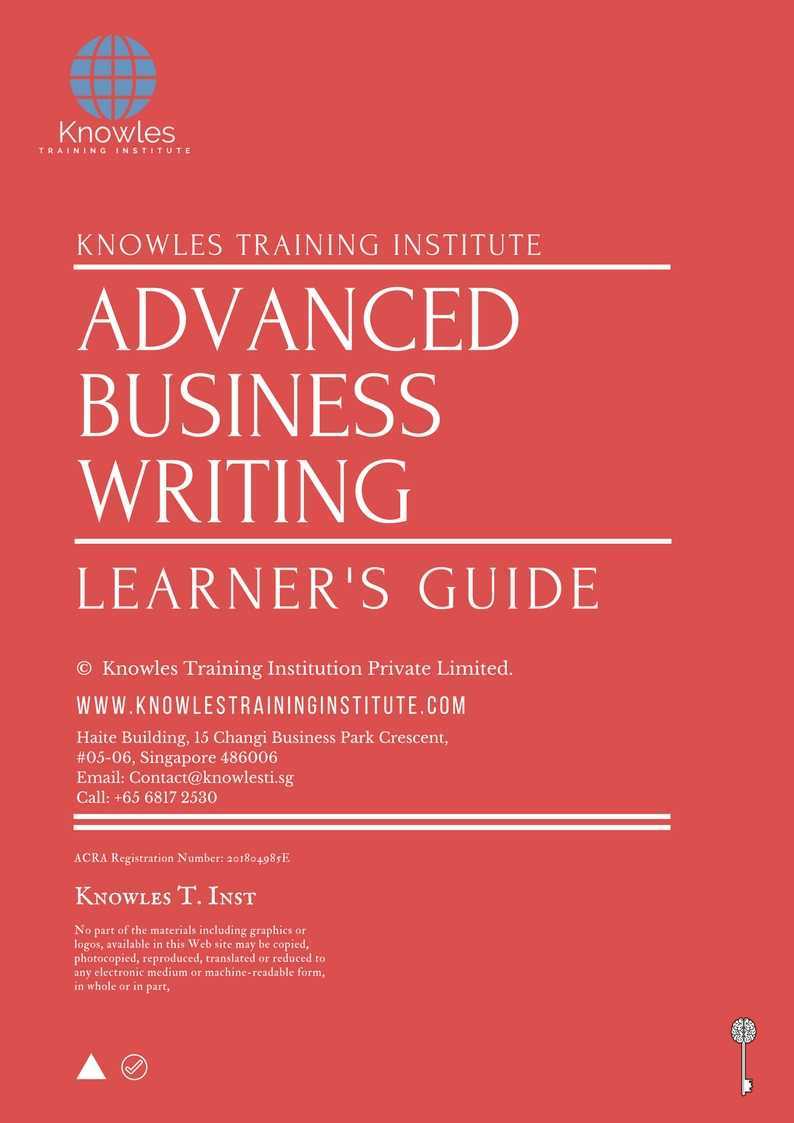
Business Writing Course in Netherlands Handouts
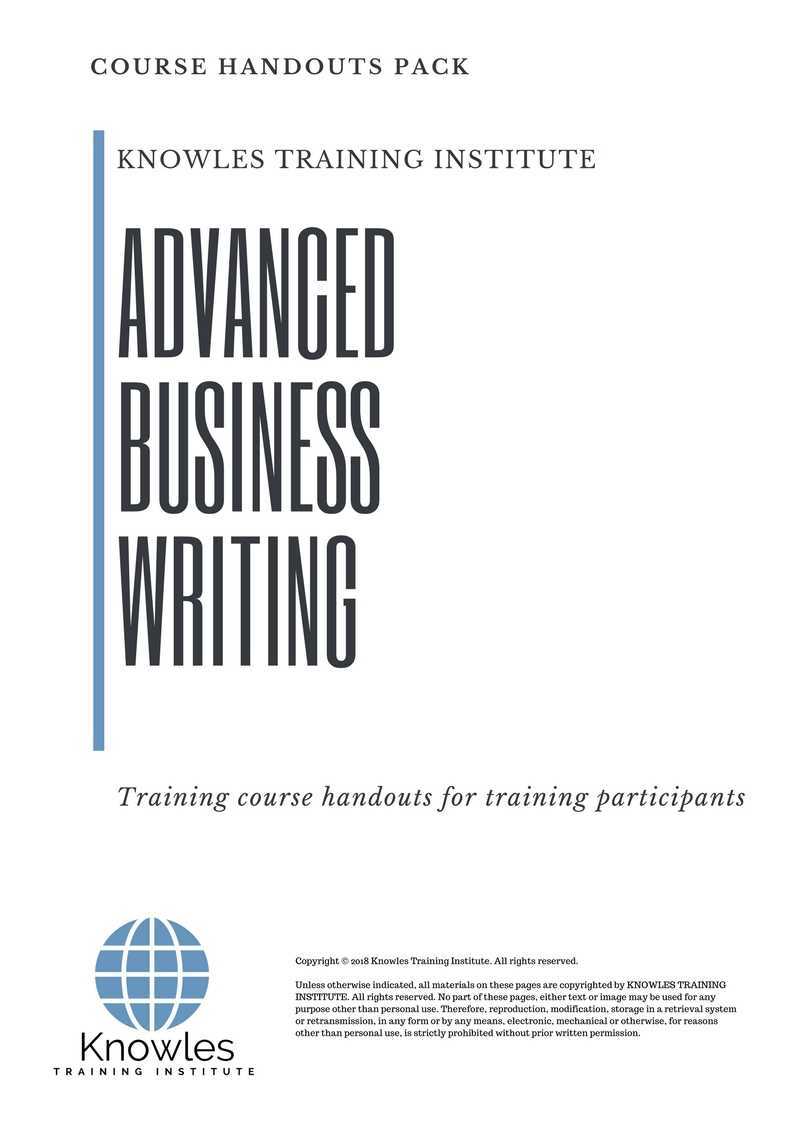
Business Writing Course in Netherlands PPT Slides Used During Course
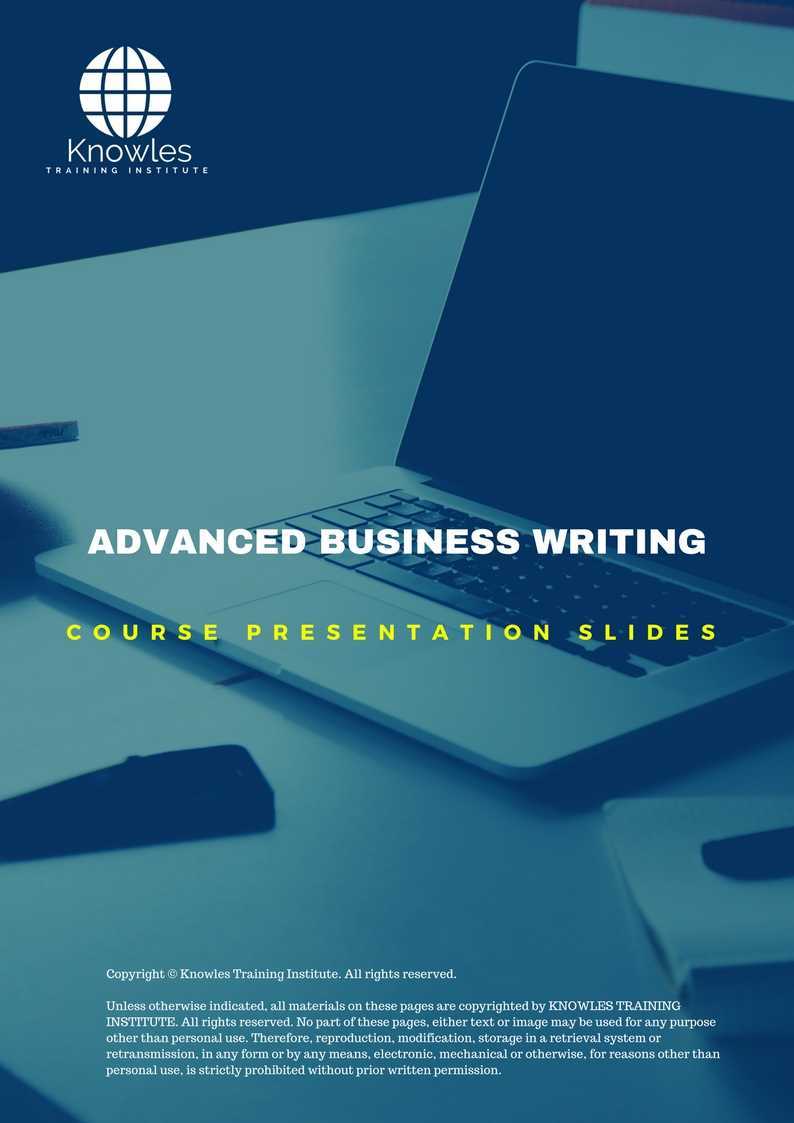
Business Writing Course in Netherlands Certification
Each course participant will receive a certification of training completion
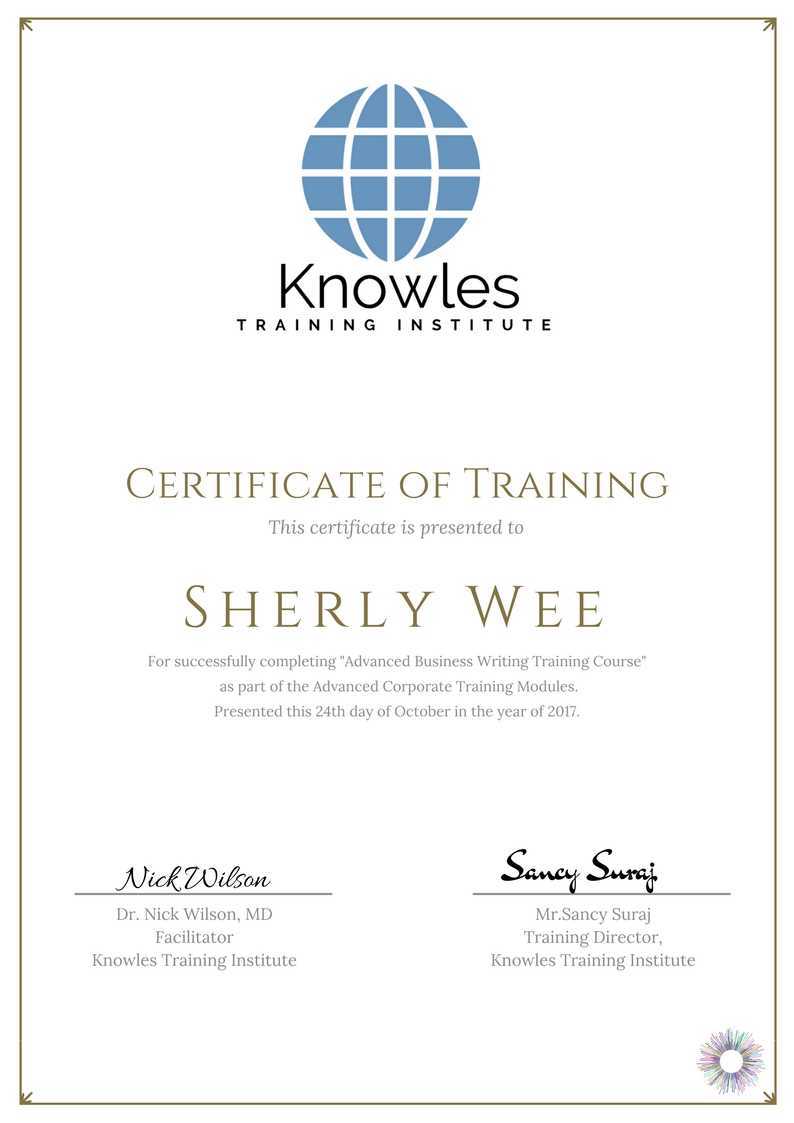
Course Fees For Business Writing Course in Netherlands
There are 4 pricing options available for this Advanced Business Writing training course. Course participants not in Netherlands may choose to sign up for our online Advanced Business Writing training course.
- USD 679.97 For a 60-minute Lunch Talk Session.
- USD 289.97 For a Half Day Course Per Participant.
- USD 439.97 For a 1 Day Course Per Participant.
- USD 589.97 For a 2 Day Course Per Participant.
Discounts available for more than 2 participants.
Upcoming Business Writing Training Course in Netherlands Schedule
Contact us for the latest Advanced Business Writing course in Netherlands schedules:
Email: contact@knowlesti.nl
Message:
Download Technical Writing Course in Netherlands Brochure
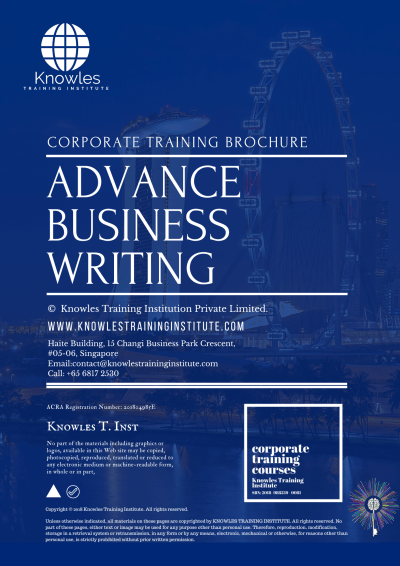
Your Content Goes Here
Request for this Technical Writing course in Netherlands brochure. Fill up the short information below and we will send it to you right away!
Post Training Support: A vast majority of training does not have any effect beyond 120 days. To work, training has to have a strong pre- and post-training component. Post-training reinforcement helps individuals to recall the understanding and ask questions.
Blended Learning: Learning does not occur in the classroom. Virtually everybody prefers distinct ways of learning. Successful learning should have a multi-channel, multi-modal strategy.
- We Understand The Industry: We’ve got a profound comprehension of the business, business design, challenges, strategy and the that our participants are in and have designed the courseware to cater to their professional needs.
- Course Content: Knowles Training Institute’s material is relevant, of high quality and provide specific learning results. Participants will leave the training course feeling as they have gained a strong understanding and will also be in a position to execute what they have learned sensibly.
Course Development — The workshop modules follow a systematic and logical arrangement. This structure helps to ensure that the course material allows the facilitators to deliver the course in a logical arrangement. Consider the subjects as building bricks into learning, our facilitators slowly build towards a comprehensive picture of this entire topic.
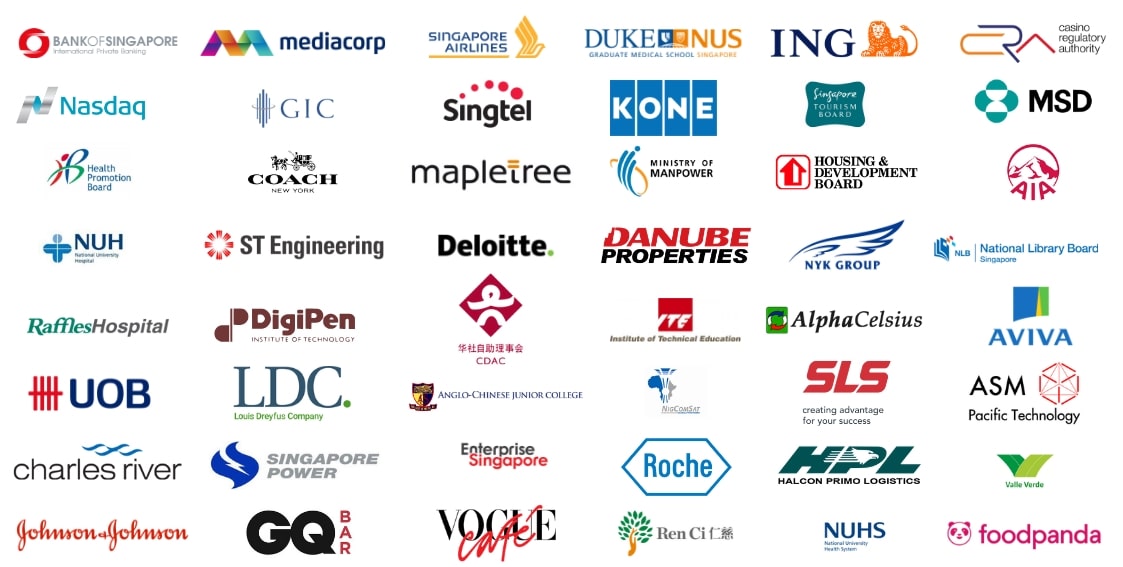

Course Enquiries
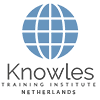
Fill up the form and we will get back to you in less than 1 working day.
Alternatively, give us a call to have one of our training consultants contact you. Our corporate training courses can be contextualized to meet your organization’s training needs. Leverage on our large pool of professional trainers and consultants for your organization’s training needs.
Email: contact@knowlesti.nl
We Guarantee 100% Privacy. We Respect Your Privacy. Your Information Will Never Be Shared.
